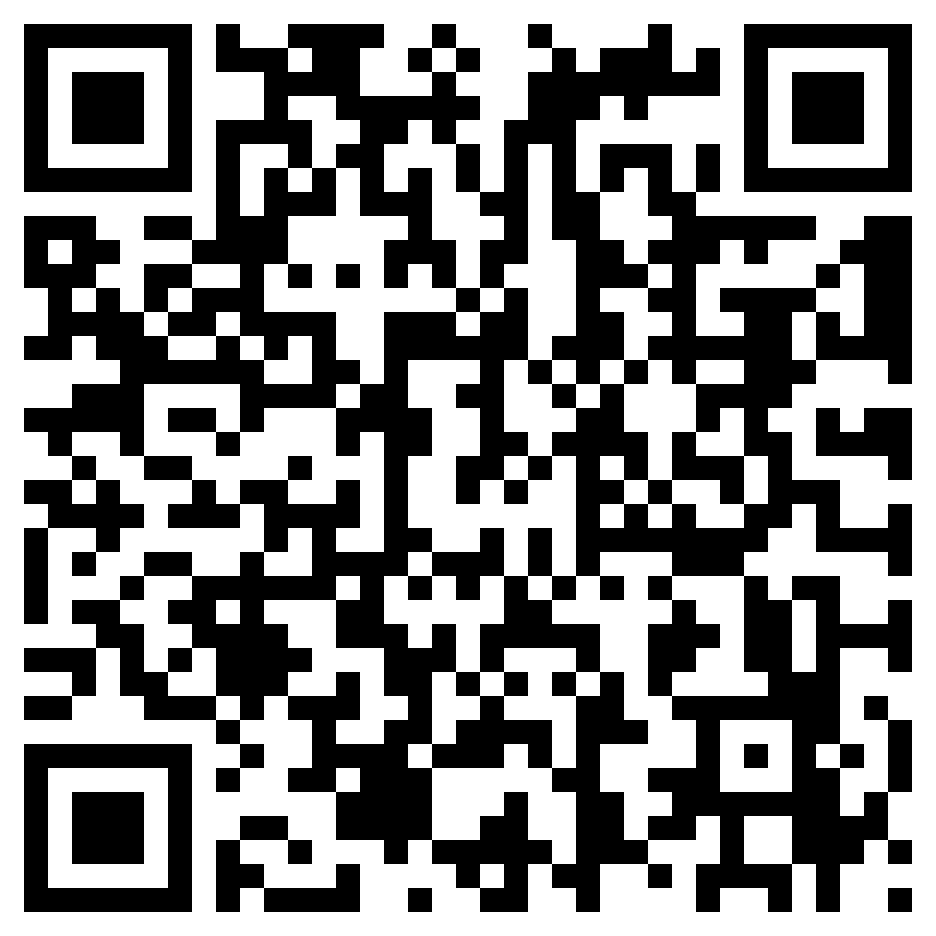Lesson 1: Understanding Self-Sabotage
In "The Mountain Is You," Brianna Wiest defines self-sabotage as the behaviors and patterns that prevent us from achieving our goals and realizing our potential. This phenomenon is often an internal struggle where fear and resistance to change play significant roles. Wiest emphasizes that self-sabotage is not a sign of failure but rather a complex mechanism rooted in our subconscious. It is a way of protecting ourselves from perceived threats, often stemming from past traumas or negative experiences.
Self-sabotage manifests in various forms, such as procrastination, self-doubt, and negative self-talk. These behaviors create barriers that hinder personal growth and development. Wiest argues that recognizing these patterns is the first step toward overcoming them. Self-sabotage is essentially a conflict between our desire for change and the comfort of familiarity. Our brain is wired to seek safety and predictability, which can make stepping out of our comfort zone daunting.
The core idea Wiest presents is that we are often our own biggest obstacles. By understanding that self-sabotage is driven by deep-seated fears and limiting beliefs, we can begin to dismantle these barriers. This awareness allows us to take control of our actions and make conscious choices that align with our goals. Understanding self-sabotage is crucial for anyone looking to break free from self-imposed limitations and achieve their full potential.
Lesson 2: The Root Causes of Self-Sabotage
Wiest delves into the root causes of self-sabotage, explaining that these behaviors often originate from past experiences, traumas, and internalized negative beliefs. She emphasizes that self-sabotage is a coping mechanism developed to protect us from potential harm or failure. However, these protective measures can become counterproductive, preventing us from achieving our goals.
One significant root cause of self-sabotage is fear—fear of failure, fear of success, fear of the unknown. These fears are often irrational but deeply ingrained, affecting our actions and decisions. Another cause is low self-esteem, where individuals believe they are unworthy or incapable of success. This negative self-perception can lead to behaviors that reinforce these beliefs, creating a self-fulfilling prophecy.
Wiest also highlights the impact of early life experiences and conditioning. Messages we received from parents, teachers, and peers can shape our beliefs about ourselves and our capabilities. If we were criticized or discouraged as children, we might carry those negative beliefs into adulthood, leading to self-sabotaging behaviors.
Recognizing these root causes is essential for overcoming self-sabotage. Wiest encourages readers to explore their past and identify the experiences and beliefs that contribute to their current behaviors. By understanding the origins of self-sabotage, we can begin to challenge and change these limiting beliefs. This process requires self-reflection, honesty, and a willingness to confront uncomfortable truths about ourselves.
Lesson 3: Developing Self-Awareness
Unlock Knowledge with Wizdom App
Explore a world of insights and wisdom at your fingertips with the Wizdom app.
 1 Million+ App Download
1 Million+ App Download  4.9App Store Rating
4.9App Store Rating 5000+Summaries & Podcasts
5000+Summaries & Podcasts









